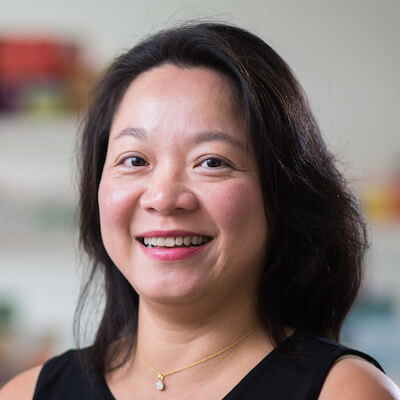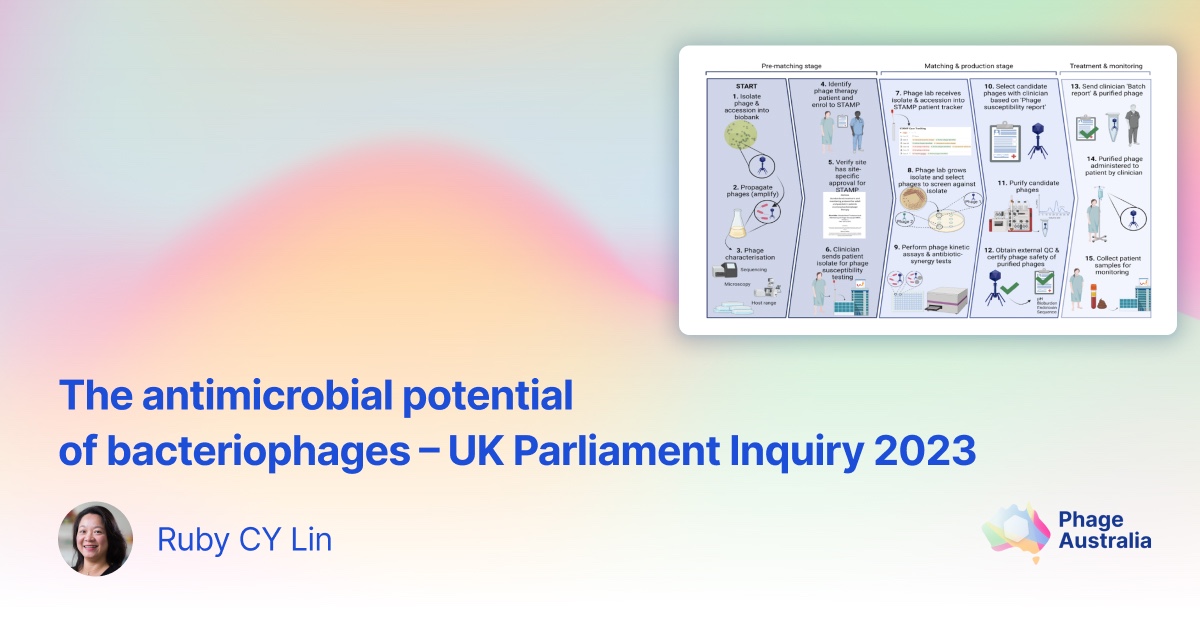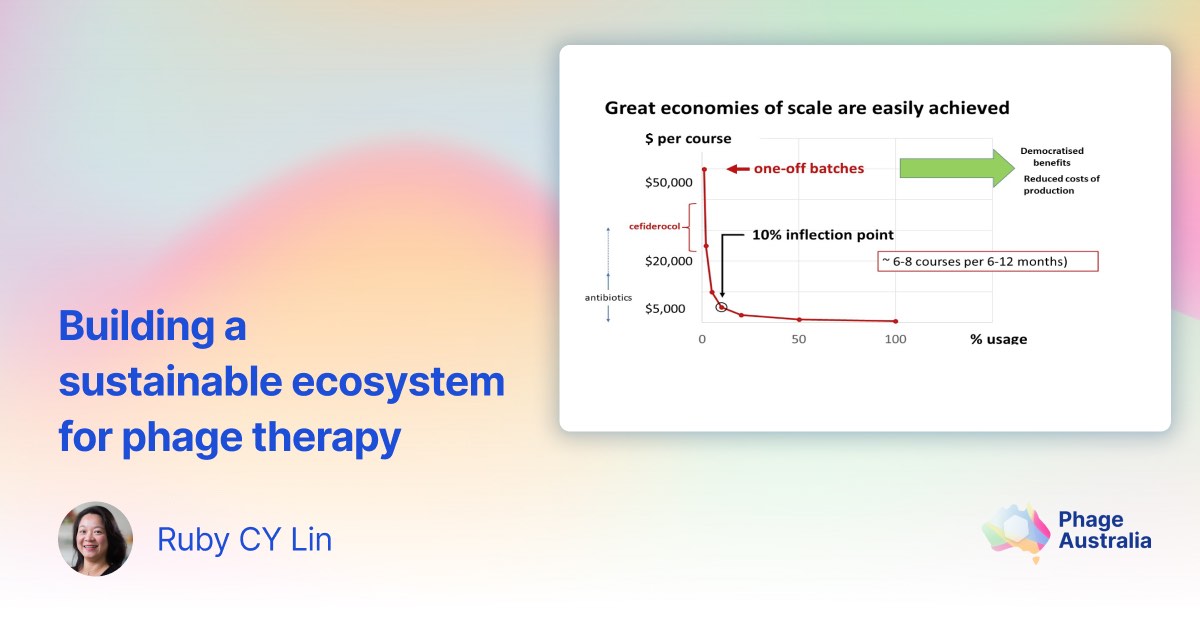Ruby CY Lin
I help organisations build academic-industry hybrid teams. I am interested in implementing genomic (personalised) medicine into healthcare and translate research outcomes into clinical settings. My publications are available in ORCID (0000-0003-4163-511X), Google Scholar and Research Gate (>5300 citations).
I have a BSc in Zoology and MSc (1st Class Hons) in Molecular and Cellular Biology from the University of Canterbury, New Zealand, and a PhD in Medicine (Molecular Genetics) from the University of Sydney, Australia. I was a named NHMRC Peter Doherty Fellow (2005-8) and then a University of NSW Vice-Chancellor Global Research Fellow (2009-2014). I have secured over $6.4 million AUD competitive Category 1 research funding (including several NHMRC project grants, ARC LIEF) in the discipline of cardiovascular diseases, obesity, cancer biology, biobanking, infectious diseases and phage therapy.
I advocate for women in STEMM and do pro bono career coaching. I am a mentor for the Junior Science Academy holiday program at Macquarie University and I volunteer in activities such as primary ethics in my kids primary school education journey.
Staphylococcus aureus is a leading cause of bacteraemia and endocarditis in which intraclonal genetic variation, but not true polyclonal bacteraemia, is well documented. We describe a case of 36-year-old women with simultaneous and persistent bacteremia from two strains of Staphylococcus aureus that probably would have gone unrecognised because of the identical antibiotic profiles if had we not used bacteriophage susceptibility (“phage typing”) to further characterise the strains. In this patient, the dual bacteraemia was followed months later by another bacteraemia that likely would have been deemed a relapse of the original infection, except that we used similar methods to identify a third and unrelated strain. Our patient eventually responded well to antibiotics, and her bacteriophage therapy probably contributed little to that recovery. However, bacteriophage therapy required that we identify the strain of S. aureus causing her bacteraemia, and that requirement led directly to our identification of dual strains with identical antibiotic susceptibilities. Because of this experience, we alert other clinicians to the possibility of polyclonal infections with S. aureus. When bacteraemia is suspected, clinicians often pick a single colony or a few colonies from the original culture because prompt identification of the organism is critical and this practice provides a faster turnaround time. We caution that it might not identify different strains with different antibiotic sensitivities when polyclonal infections are present.
Academics plan to roll out therapy widely in Australia: Researchers at the University of Sydney, Western Sydney Local Health District and the Westmead Institute for Medical Research are developing a therapeutic solution to antimicrobial resistance that predates the discovery and wide usage of antibiotics… Link to Paper
An expert team, led by Director of the Centre of Infectious Diseases and Microbiology at the Westmead Institute for Medical Research (WIMR) Professor Jon Iredell, is developing a key alternative to antibiotics and central to the treatment are phages…



